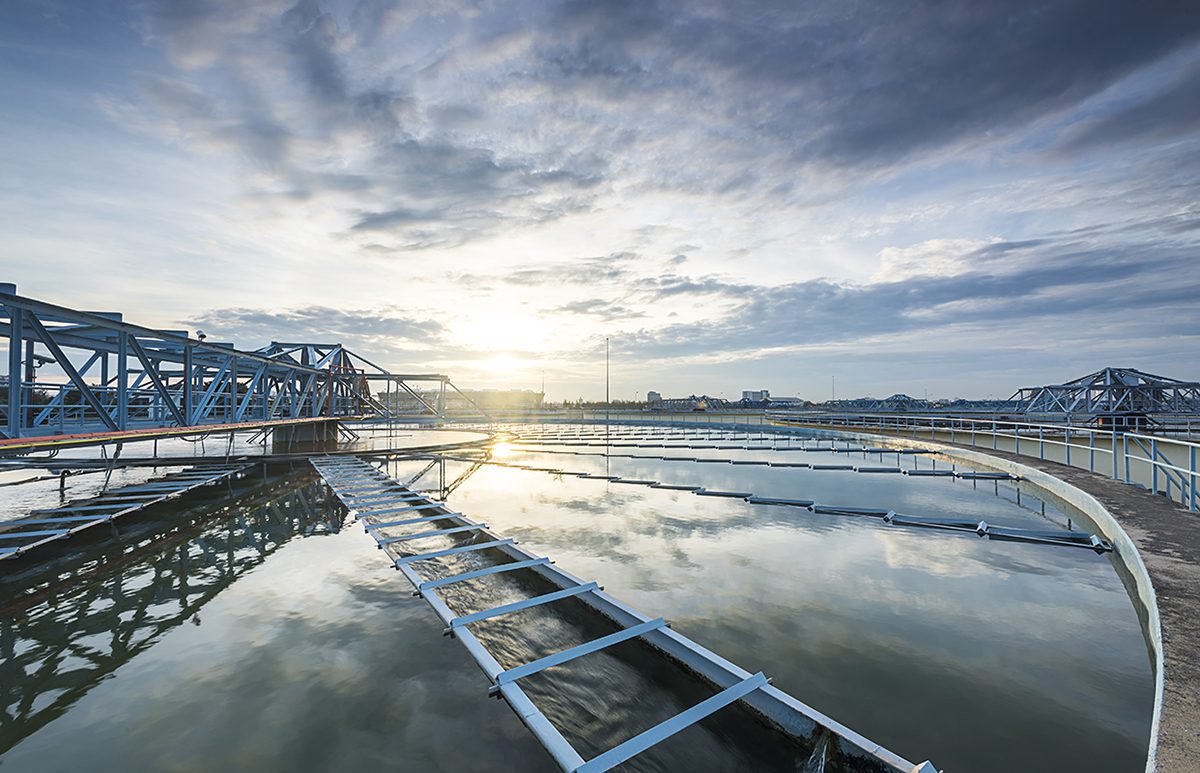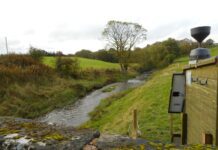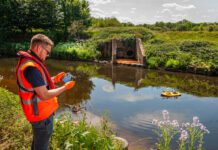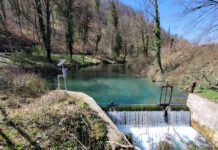
Ofwat associate director Alison Fergusson says that it’s “an exciting time” for the roll-out of sensors in the water industry. Sensing technologies are set to become integral to the digitisation of the UK water industry and AMP7, the next regulatory asset management period (2020-25) for England and Wales.
Speaking ahead of the fifth Sensing in Water conference, where she will deliver a keynote speech, Fergusson said, “The cost of monitoring and having real-time data has really come down. Now the water industry has a chance to use the information that we’ve got on assets that have been out there for a while, but which up till now have just been invisible.”
Sensing in Water 2019 is organised by the Sensors for Water Interest Group (SWIG) and the biennial event takes place in Nottingham on 25-26 September 2019. Fergusson, whose role with the water industry regulator includes identifying cost efficiencies in water company business plans, will speak on the opening day.
“We’re starting to see opportunities coming through monitoring, seeing data come into a sensory system and then mining that data to get some useful information out of it. By putting that to use, companies can start to manage their systems more efficiently.”
Fergusson says that one of the challenges is knowing where to focus because there is so much that could be done, “I can’t think of a place where water companies wouldn’t want to have a bit more information, be able to communicate with customers and let them know that they really understand what’s going on, right down to their locality.”
She reflects on a sensor-based system that’s been installed in New Zealand, “It’s telling people where it’s safe to swim. Machine learning means they can predict combined sewer overflow spills even before they happen – where the beaches will be clean and where they will be less clean.
“That sort of information gives customers real choice about what they do, even in their leisure time. By understanding systems better I believe we will get to new and exciting places.”
Collaboration and innovation might help
Fergusson says more industry trials could help bring together some of the ideas, along with more collaboration to drive the innovation. Wastewater is one area where much less is known, she says, “There have got to be massive benefits in terms of quantity, quality, system behaviour – there’s definitely room for improvement. I think it’s an exciting time.”
Sensing in Water 2019 brings together water companies, regulators, the supply chain and academia to discuss the potential of sensor technology in the water industry. Sessions will include catchment monitoring, drainage infrastructure, distribution network monitoring and data analytics.






